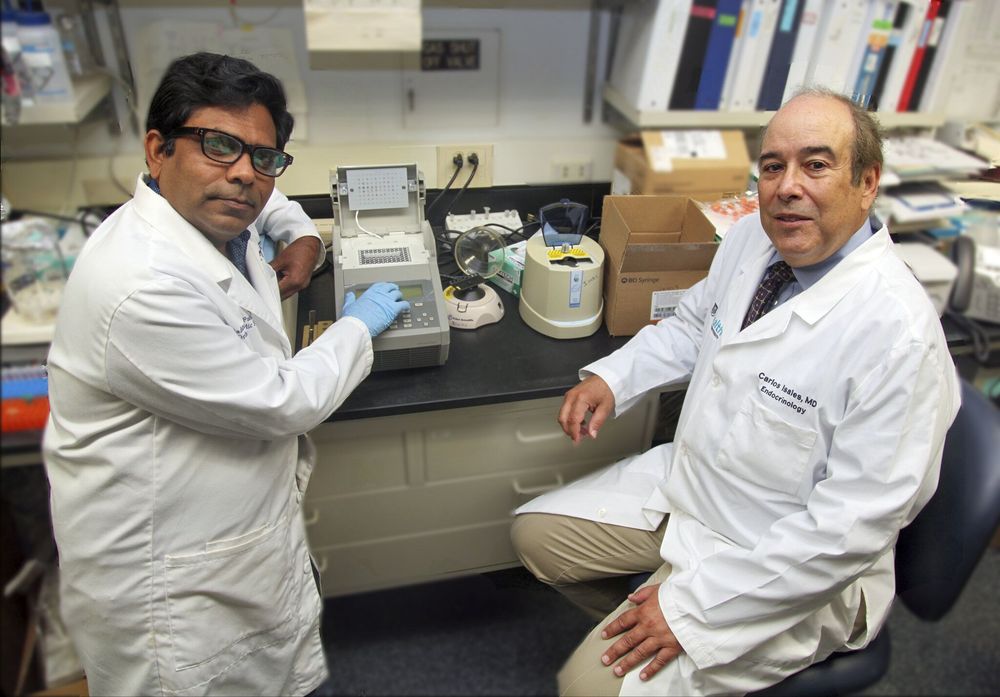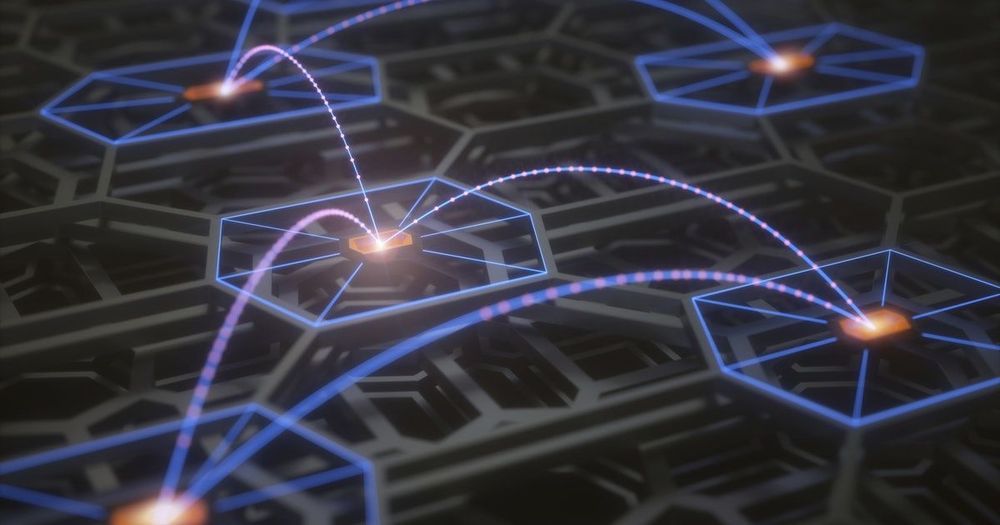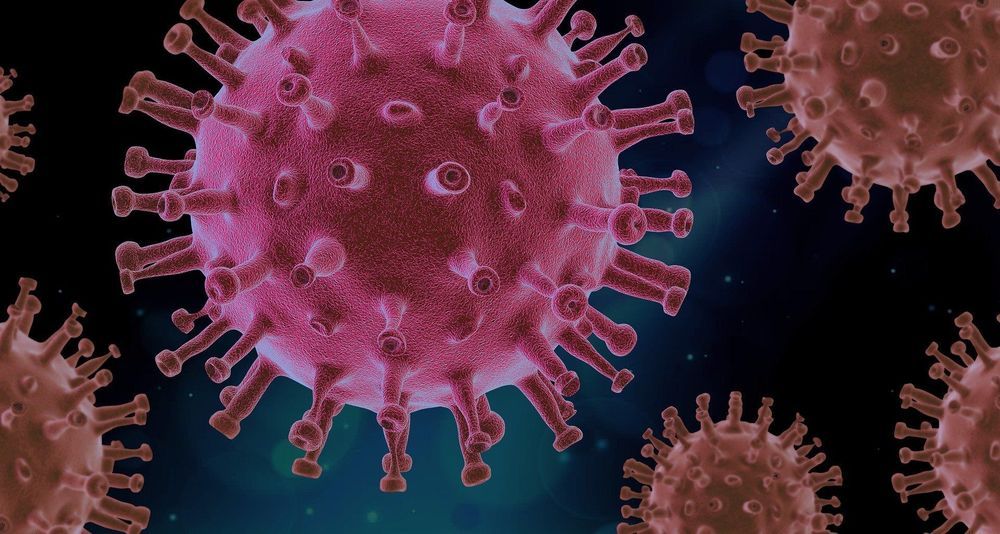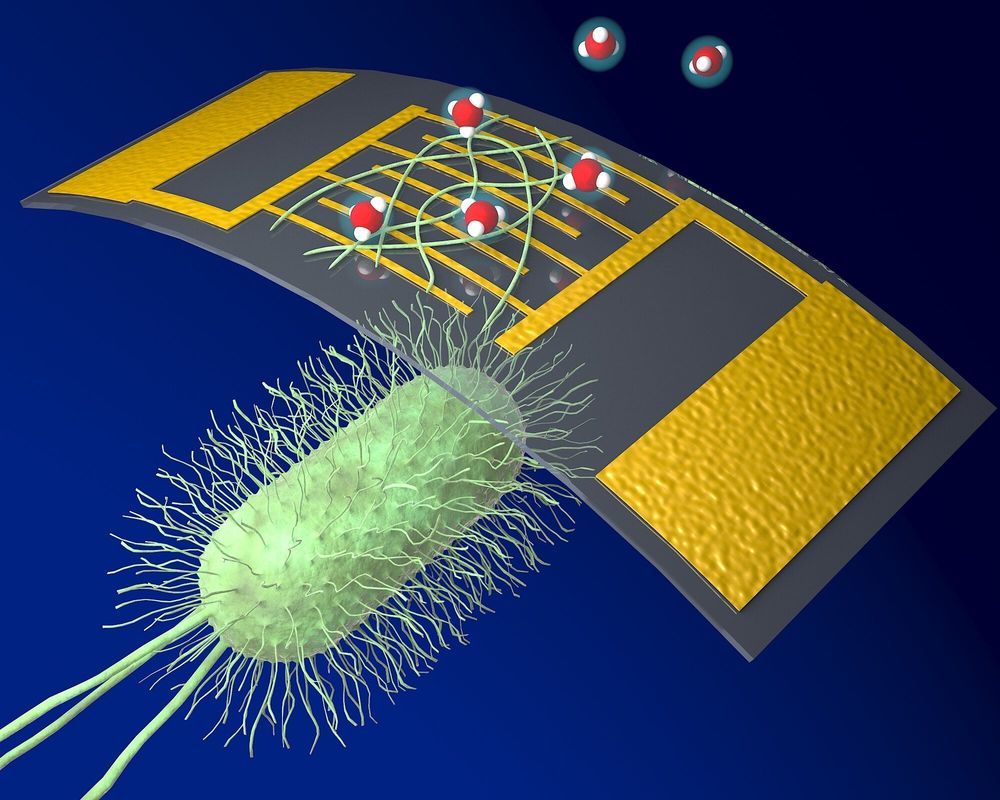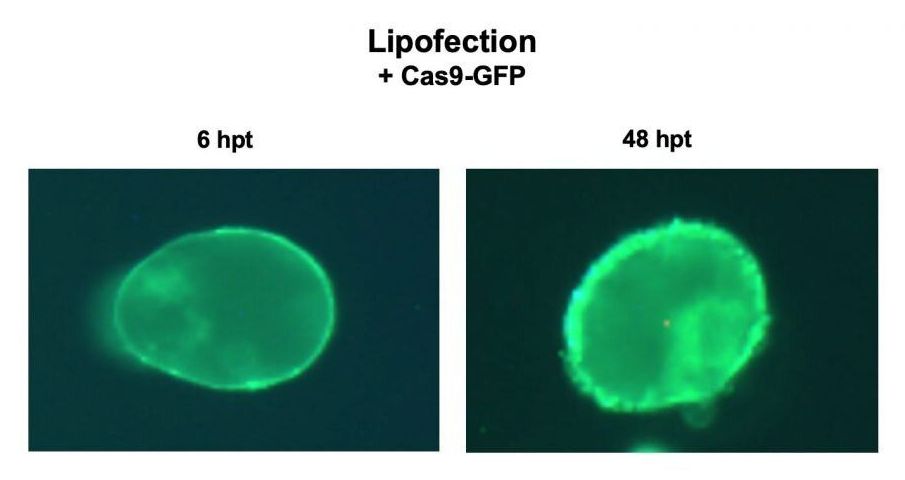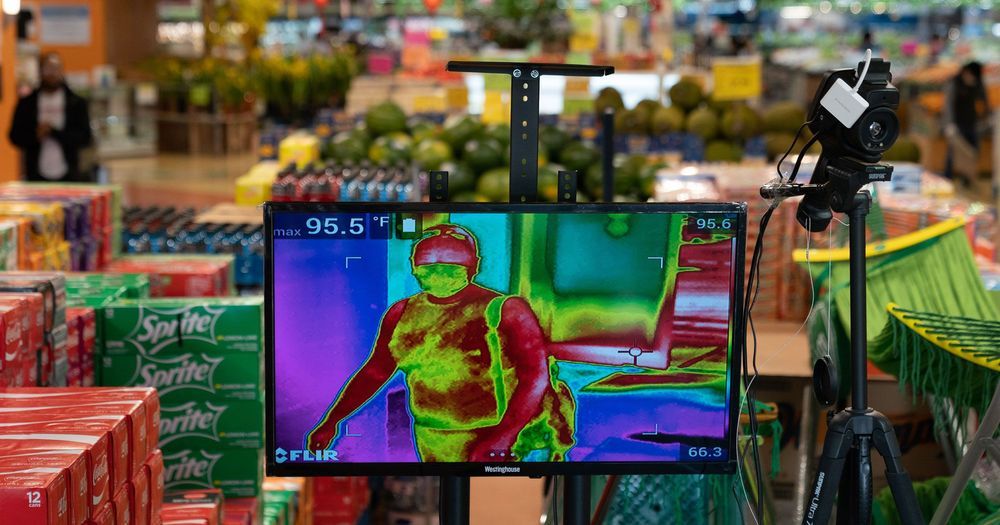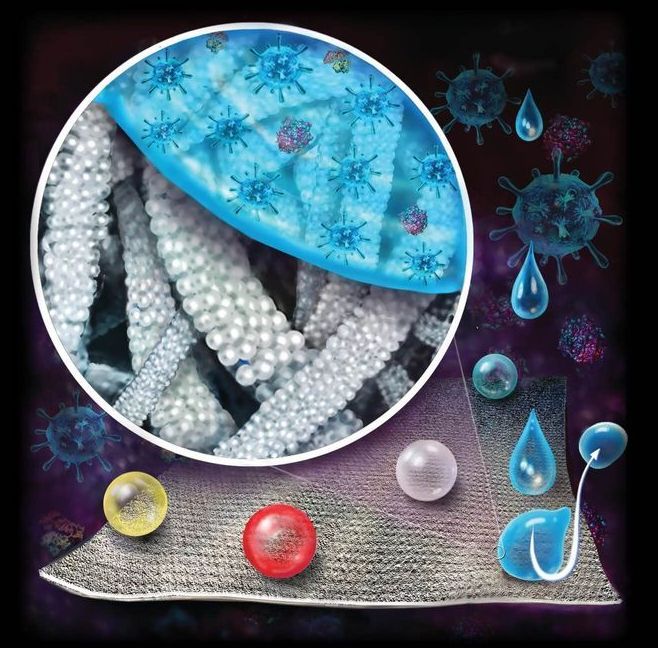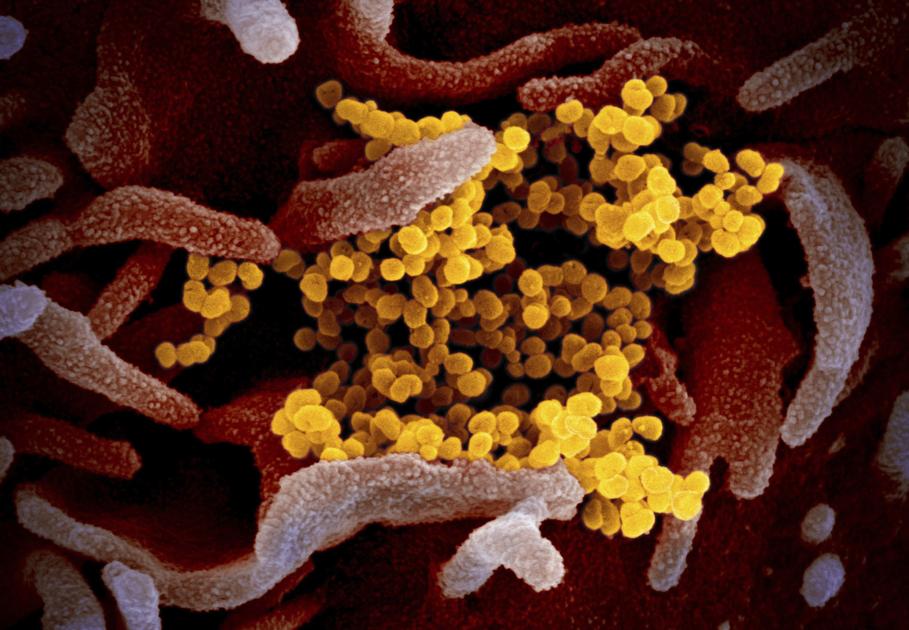A group of tiny RNA that should attack the virus causing COVID-19 when it tries to infect the body are diminished with age and chronic health problems, a decrease that likely helps explain why older individuals and those with preexisting medical conditions are vulnerable populations, investigators report.
MicroRNAs play a big role in our body in controlling gene expression, and also are a front line when viruses invade, latching onto and cutting the RNA, the genetic material of the virus, says Dr. Sadanand Fulzele, aging researcher in the Department of Medicine and Center for Healthy Aging at the Medical College of Georgia at Augusta University.
But with age and some chronic medical conditions, the attacking microRNA numbers dwindle, reducing our ability to respond to viruses, says Dr. Carlos M. Isales, co-director of the MCG Center for Healthy Aging and chief of the MCG Division of Endocrinology, Diabetes and Metabolism.
